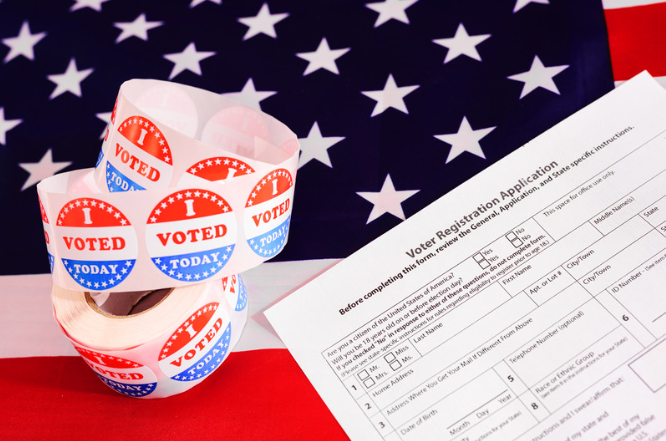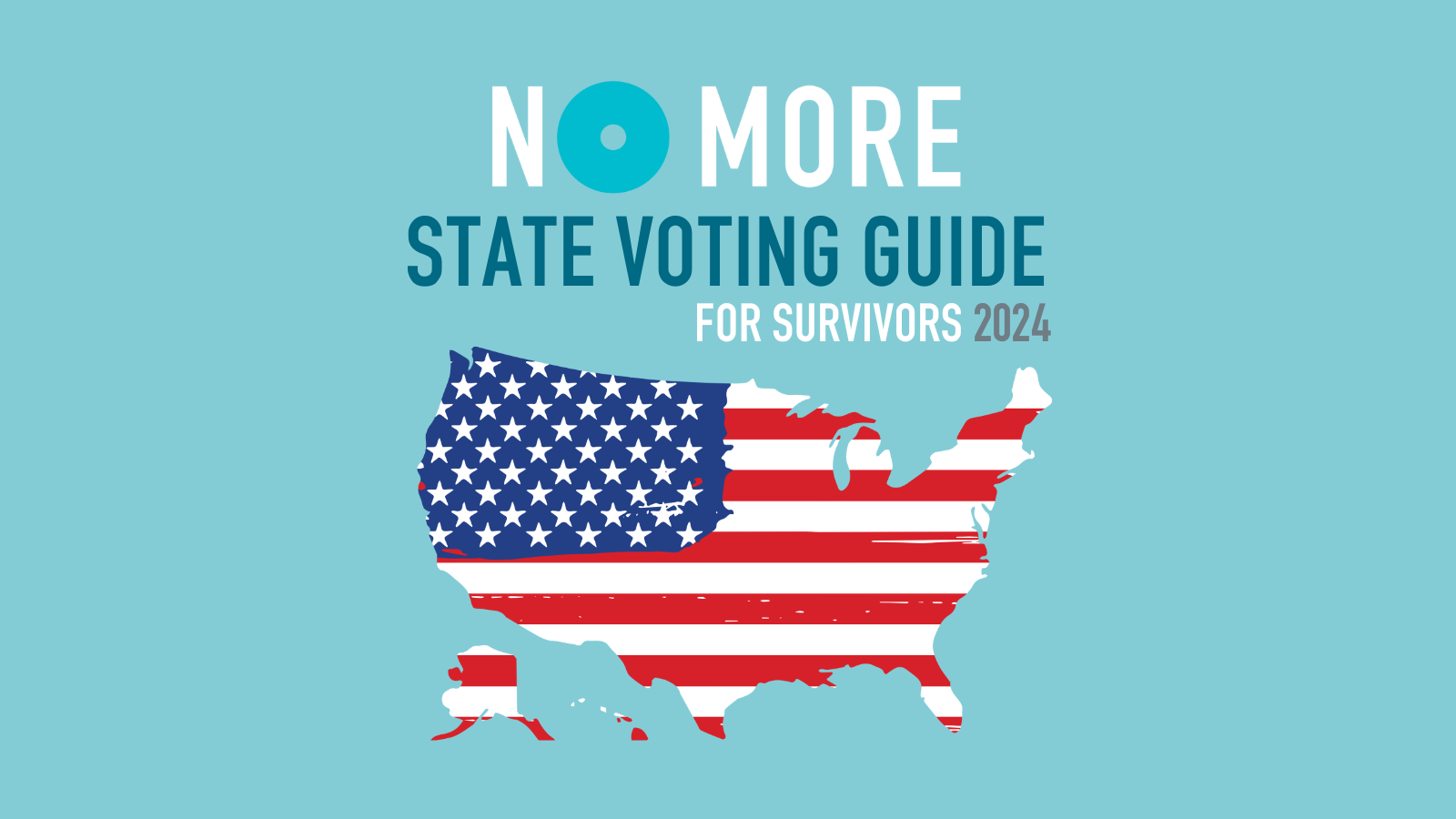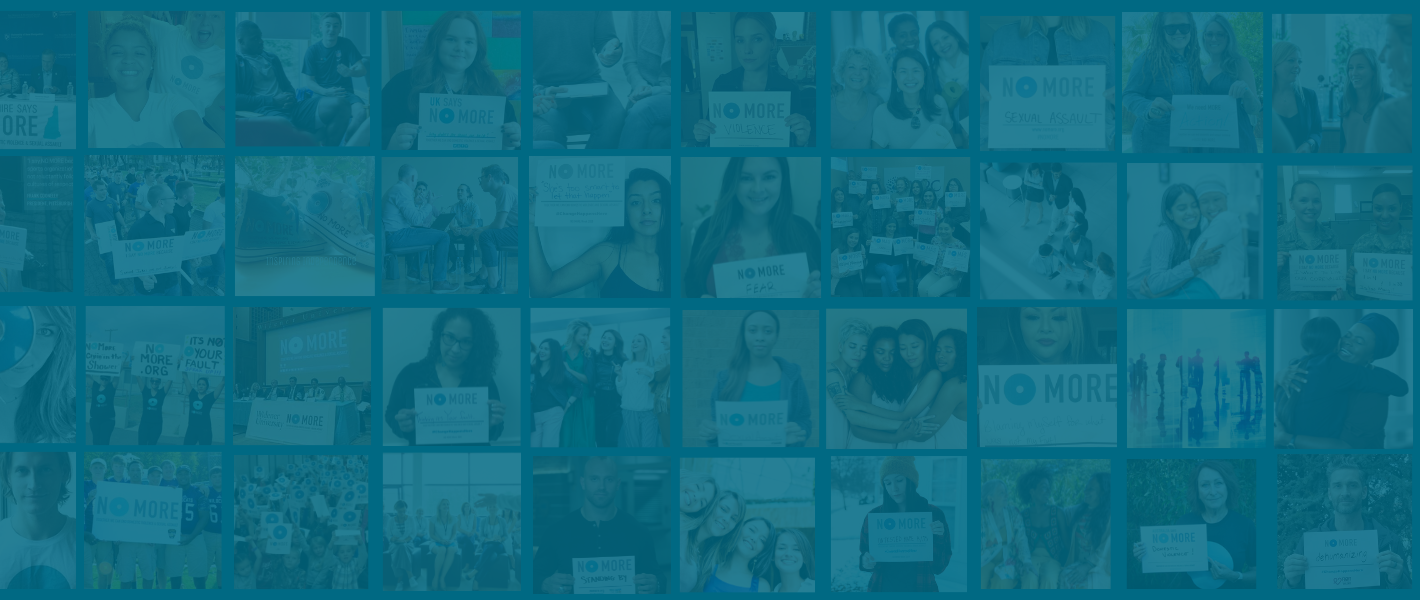Protecting the Privacy of Domestic Abuse Survivors This Election Season

People affected by abuse may be prevented from voting for many reasons; they may experience isolation that prevents them from accessing key information, or coercion that dissuades them from voting how they like. For victims of stalking or people fleeing an abusive relationship, though, a major concern is privacy, which can be jeopardized by the inclusion of information like name and address on public voter registration lists. But voting is a fundamental right, and everyone should get to exercise it without fear.
That’s where Address Confidentiality Programs and other confidential registration options come into play. These programs are designed to help survivors of abuse, stalking, or other violence to vote without revealing their address or risking their safety. Here’s how they work and how they can make a difference for survivors:
What Are Address Confidentiality Programs?
Address Confidentiality Programs (ACPs) are free programs that allow survivors to use a substitute mailing address instead of their physical addresses for public purposes, including registering to vote. The goal is to prevent abusers from locating their victims through public records, which often reveal addresses.
Most US states offer ACPs. Survivors typically apply through a government agency or victim advocacy group by testifying that they are at risk and would benefit from privacy safeguards. Once approved, they benefit from having a substitute address to help prevent current or former abusers from tracking them down.
What Are the Other Options?
Some states offer other confidential registration options in addition to or in lieu of ACPs. These programs vary by state, but typically allow survivors to opt out of having their voter registration details made publicly available. Like ACPs, these options can help survivors protect their privacy when voting.
How to Get Started
Confidential registration options can be the difference between disenfranchisement and voting without fear. Being able to withhold personal information from public voting records reduces survivors’ risk of harassment, violence, or other harm from being found by their abusers.
If you’re a survivor of stalking or abuse, you can learn more about applying for an ACP or other confidential registration program by checking out NO MORE’s State Voting Guide for Survivors, where you’ll find state-specific information on confidential registration options and application processes. This resource also details how voting options including early voting, same-day registration, and voting by mail can help you vote safely.
Or, if you’re an ally, you can support survivors by sharing this guide and helping them make their safe voting plan today. By raising awareness of these programs, we can empower more survivors to vote safely and with confidence, protecting both their voice and their wellbeing.

NO MORE's State Voting Guide for Survivors
This comprehensive guide is designed to help survivors and their loved ones navigate the voting process safely and with confidence. It provides detailed, state-specific information on programs and voting options that can help protect survivors' privacy when voting, including Address Confidentiality Programs, confidential registration, early voting, same-day registration, and voting by mail.

Finding This Content Helpful?
If you find this content helpful and believe in our mission to end domestic and sexual violence, please consider making a donation, which will allow us to continue to provide free resources, raise awareness, and drive change.
Join the MovementTogether We Can End Domestic and Sexual Violence






